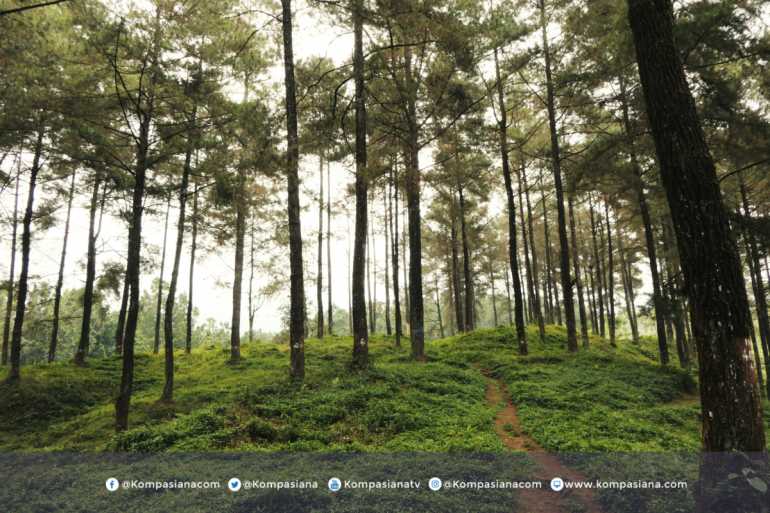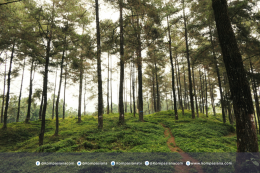The ozone layer is a protective barrier that prevents harmful ultraviolet sunlight radiation from reaching the surface of the earth. Unfortunately, because of the human activities listed before, a hole has been formed in the ozone layer, which allows more ultraviolet sunlight to come in and harm the people, plants, and animals living under it. This isn't the cause of global warming, but it's still bad, and it happens for the same reason that causes global warming.
So, what is the global boiling era? It is the same as global warming but more intense. Extreme weather events and patterns, intense periods of heatwaves, climate-related disasters, and others. It has the same cause as global warming.
If the earth is this badly damaged by us people, what can we do to help? To decrease the effects of global warming or boiling is just do the best we can do by saving energy at home, walking or biking instead of using planes, trains and automobiles, reducing, repairing, recycling, throwing away less food, and starting reforestation. They are simple to do, so it wouldn't be a pain to do all of those. Remember that we are constantly damaging the world, and even if doing all these things does very little to the earth, it still does help a lot.
In conclusion, global warming has been getting more intense, which started a new era called "global boiling". The effects are getting worse as we continue to do the activities that cause global warming, and trying to tell everyone living on the earth to stop still won't help. We caused all of these and are responsible for it, so we try to do our best to decrease the effects of global warming even if it only does a little.
Sources
Hottest year in record: https://edition.cnn.com/2023/11/09/climate/global-warming-hottest-year-history-climate-intl
Melting of ice contributes to global warming: https://scied.ucar.edu/learning-zone/climate-change-impacts/climate-and-ice
95% of the oldest and thickest ice in the Arctic is gone: https://www.worldwildlife.org/pages/why-are-glaciers-and-sea-ice-melting
Baca konten-konten menarik Kompasiana langsung dari smartphone kamu. Follow channel WhatsApp Kompasiana sekarang di sini: https://whatsapp.com/channel/0029VaYjYaL4Spk7WflFYJ2H







